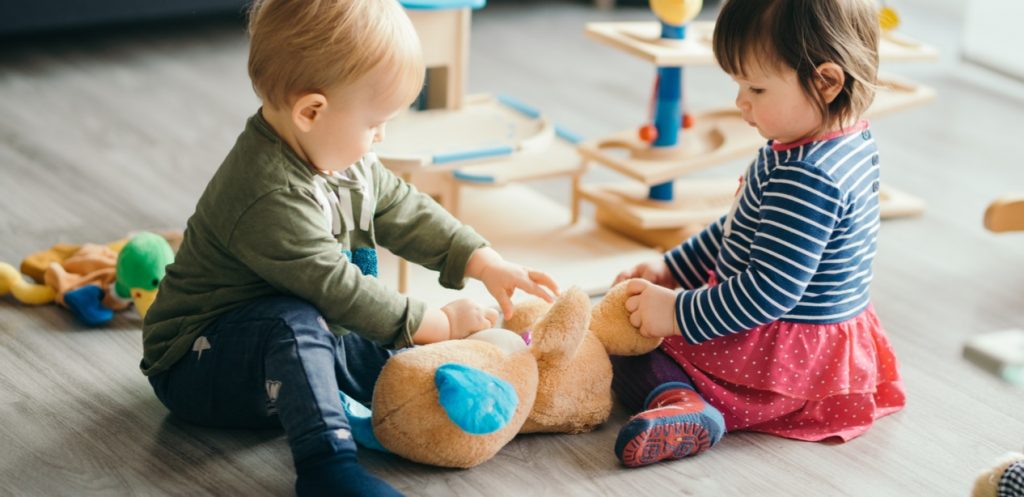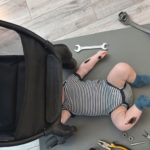The definition of play differs greatly depending on who you talk to. As a passionate educator I see it as a way of learning, growing and exploring. It is also an invaluable part of childhood and the most effective method of learning for children (even in the first years of primary school).
Read Hey Mum, I Am Not Just Playing – What Your Child is Really Doing and Why it’s So Important.
Not only does it encompasses children’s language, work and relaxation. But it also fosters healthy development, and it is for all children. It is not exclusive or selective. All of it starts from birth and should be encouraged throughout childhood. Playing can involve many different activities:
– Roleplay (pretending to be someone)
– Dress-up
– Quiet time
– A playdate with a peer
– Constructions
– Invite an adult into a child’s world where they create the context and the rules.
Read our article Navigating Child’s Play.
Why is play so important?
– Children can express their feelings through playing. They can express their feelings more easily through play more than through verbal language.
– During playtime, children are in charge of what they do. This helps them be in control in play, and helps them learn to manage their feelings.
– Playing lets children build skills and confidence in themselves
Watch Building Self Confidence in Your Child.
– Children learn about the give and take of relationships, the role of a leader and a follower.
– Playing is a safe way to learn to make mistakes and mend them.
– Playtime is scientifically proven to reduce stress.
– When playing, children make sense of their world.
– Playing can be magical, it allows for imagination and creativity.
– It is something children can own in a world where adults organize most things.
– And most importantly, play is fun; it’s an activity for pleasure that children are empowered by, play is learning in disguise.
Even if the learning during playing isn’t highlighted with neon flashing lights, trust me, it’s there. The more time and space children are given for play in a variety of settings and contexts; the richer and more meaningful their learning will become.
So sit back and let them play – this time is so incredibly valuable.






